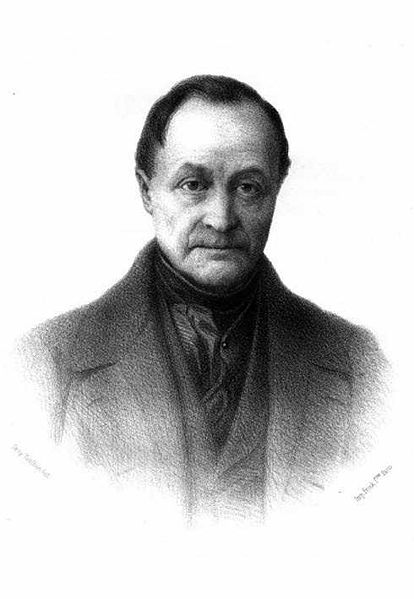Positivism is a philosophical theory that states all positive knowledge is based on natural phenomena and their properties and relations as verified by the empirical sciences. Logical positivism is a theory that developed out of positivism, which holds that all meaningful statements are either analytic or conclusively verifiable. Thus the key difference between positivism and logical positivism is based on their history and the influence they have on each other.
Key Takeaways
- Positivism is a philosophical theory developed in the nineteenth century by French Philosopher Auguste Comte, which asserts that only authentic knowledge is scientific knowledge and knowledge can only be derived from positive affirmation theories through scientific methods.
- Logical positivism is a theory in logic and epistemology that developed out of positivism, also known as logical empiricism, which states that all human knowledge should be based on logical and scientific foundations.
- Positivism and logical positivism differ in their history and influence on each other, with logical positivism developing out of positivism in the 20th century.
What is Positivism?
Positivism is the philosophical theory that states only authentic knowledge is scientific knowledge and knowledge can only be derived from positive affirmation theories through scientific methods. Scientific methods here refers to investigating facts based on observable, measurable and empirical evidence, which can be subject to principles of reasoning and logic. Thus this theory only accepts scientifically and empirically verifiable facts as knowledge.
The doctrine of positivism was developed in the nineteenth century by the French Philosopher Auguste Comte. He stated that the world was progressing through three stages in the quest for true: theological, metaphysical and positivist. Comte was of the view that theology and metaphysics should be replaced by a hierarchy of sciences.
Positivism is similar in its outlook to scientism and is also closely connected to Naturalism, Reductionism, and Verificationism. Positivism was also later branched into different categories such as legal positivism, logical positivism, and sociological positivism.
August Comte
What is Logical Positivism?
Logical positivism is a theory in logic and epistemology that developed out of positivism. This theory is also known as logical empiricism. According to this theory, all human knowledge should be based on logical and scientific foundations. Thus, a statement only becomes meaningful if it is either purely formal or capable of empirical verification. Many logical positivists completely reject metaphysics on the basis that it is unverifiable. Most early logical positivists supported the verifiability criterion of meaning and believed that all knowledge is based on logical inference from simple “protocol sentences” that are grounded in observable facts. The opposition to metaphysics and verifiable criterion of meaning are major characteristics of logical positivism.
Moritz Schlick, the founding father of logical positivism
What is the difference between Positivism and Logical Positivism?
Definition: (from Merriam-Webster dictionary)
Positivism is a theory that theology and metaphysics are earlier imperfect modes of knowledge and that positive knowledge is based on natural phenomena and their properties and relations as verified by the empirical sciences.
Logical positivism is a 20th century philosophical movement holding that all meaningful statements are either analytic or conclusively verifiable or at least confirmable by observation and experiment and that metaphysical theories are therefore strictly meaningless.
History:
Positivism was developed before the 20th century.
Logical positivism was developed out of positivism ,in the 20th century.
Image Courtesy:
“Auguste Comte” By Ron Bolender (Public Domain) via Commons Wikimedia
“Schlick sitting” (Public Domain) via Commons Wikimedia
